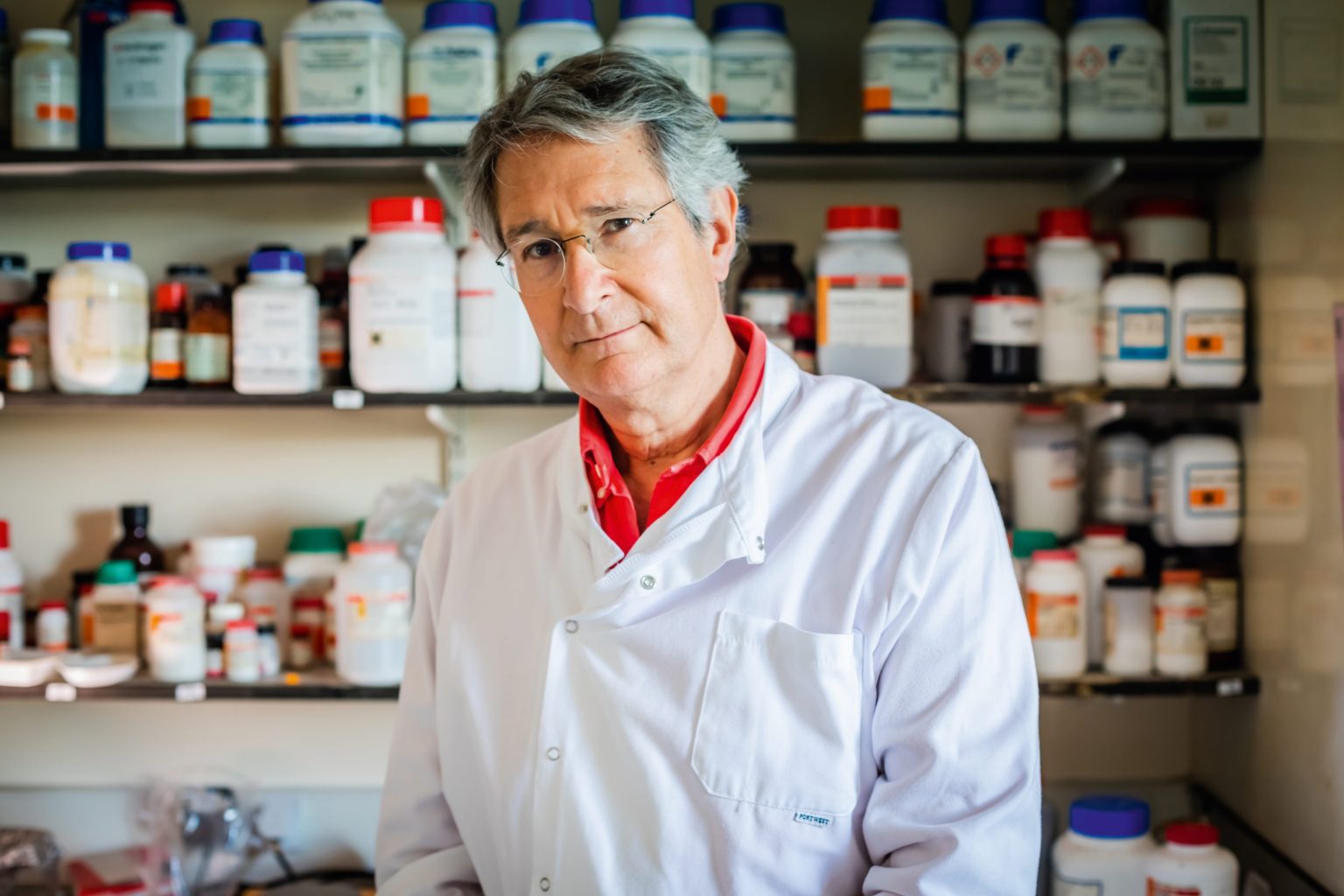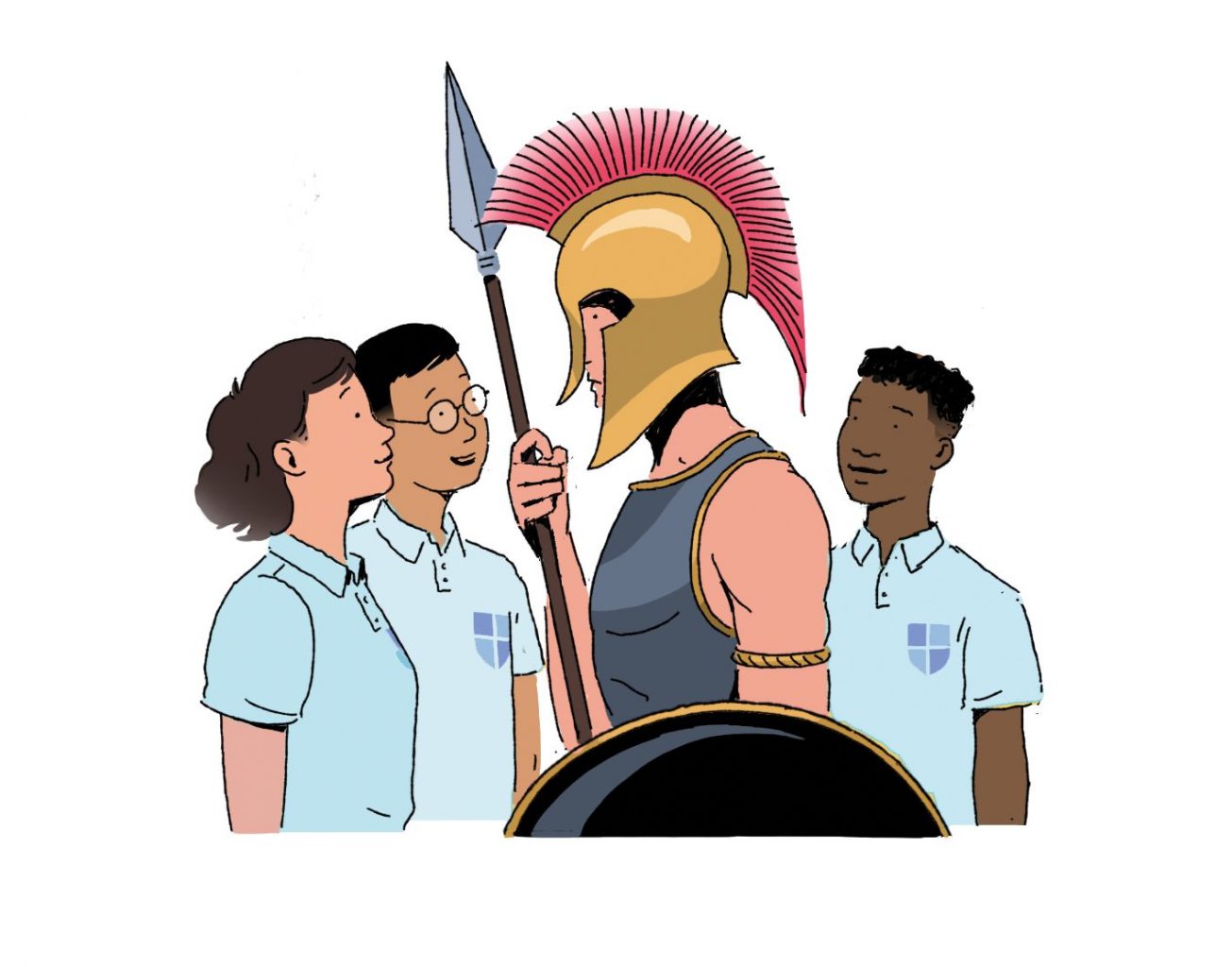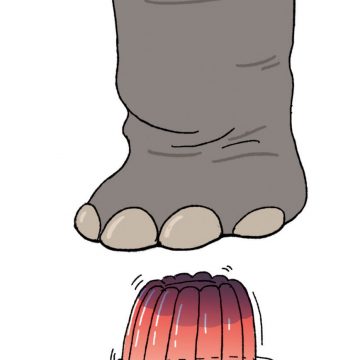Campendium: Easter Term 2022
Big number
1:2 the cost-to-benefit ratio of investing in language education, according to research from the University and RAND Europe
Research partnerships
Cambridge biotech spinout awarded £32m to develop coronavirus vaccine
A biotech spinout of the University of Cambridge will receive £32m to develop a vaccine candidate which could protect against existing and future SARS-CoV-2 variants and other major coronaviruses, including SARS and MERS.
DIOSynVax, led by Professor Jonathan Heeney, Head of the Laboratory of Viral Zoonotics, will use the investment from the Coalition for Epidemic Preparedness Innovations (CEPI) to develop an mRNA vaccine. His team will design and select the lead antigen through proof-of-concept preclinical studies and undertake initial clinical development through Phase I/II studies.
All three partners – CEPI, DIOSynVax and the University of Cambridge – are committed to enabling global equitable access to the vaccines developed through this partnership. The company is also working on vaccine candidates for haemorrhagic fever viruses and influenza.
They will use a combination of protein structure, computational biology and immune optimisation to maximise vaccine protection against global threats and create vaccine candidates to be used across vaccine delivery and manufacturing platforms.
If DIOSynVax’s novel antigen design is successfully deployed using the intended mRNA platform, it could also potentially be used to enable rapid development of vaccines against so-called Disease X – unknown pathogens with pandemic potential that have yet to emerge.
Professor Heeney said: “Our approach is to be ahead of the next pandemic – to deliver custom-designed, immune-selected vaccine antigens – which is ideal to prevent diseases caused by complex viruses such as the large and diverse family of coronaviruses. If successful, it will result in a safe, affordable NextGen vaccine for widespread use.”

Alumni Festival, 23-25 September
We can’t wait to see you at the 2022 Alumni Festival on 23-25 September. The Festival brings alumni around the globe together to discover new research from world-leading academics, delve into cutting-edge topics with luminary thinkers and, of course, reconnect with friends and the University. Save the date!
Deconstructed
Life of Pi: celebrating 10 years of the UK’s most successful computer
Ten years ago, a Cambridge team including Eben Upton, Jack Lang and Professors Robert Mullins and Alan Mycroft created Raspberry Pi.
It has now sold 40 million units and created a market worth £1bn. Manufactured in Wales, it supports 300 jobs and is the UK’s most successful computer.
Designed to give young people access to programmable, low-cost hardware, it made coding accessible to millions through the Raspberry Pi Foundation.
Around 40% of its annual sales are now to industry, where Pi’s adaptability and low price have transformed the design of control systems.

Three-minute Tripos
Engaging teenagers in literature – who does it best: Shakespeare or Virgil?
Arms and the man I sing, who, forced by fate/And haughty Juno’s unrelenting hate/Expelled and exiled, left the Trojan shore…
Oh, hello Virgil. Still hammering out the Homeric hexameters?
Ah, Shakespeare. You weren’t averse to lifting a few of those hexameters for Hamlet, I believe?
Only a few. There’s a reason why poor Polonius gets bored after 32 lines. And that was my version. You’ve got to admit that your Aeneid doesn’t half go on.
It’s an epic poem, Shakespeare. It’s not a TikTok video on how to smudge your eyeliner with a credit card. Anyway, apparently today’s young people like it better than your stuff.
Thou cream-faced loon!
Dr Frances Foster of the Faculty of Education investigated the views of teenagers who study the Aeneid – yes, there are quite a few, actually – and she found they enjoy it!
Away, you scullion!
They do! They like the ‘fast-paced action’, ‘mythological themes’ and ‘graphic and often violent plotlines’!
Any two-bit scribbler can do gore, Virgil. Particularly when you’re writing for those whining schoolboys, creeping like snail, unwillingly to school…
Well, I’d be unwilling if I had to study you. In fact, studying you can leave them unenthusiastic about literature. That’s why Dr Foster thinks that literature from the ancient world should be more widely available in schools, if it transpires that others enjoy it as much as her research group.
[Exit, pursued by a bear]
Now, where was I? Ah yes. Besides, long causes working in her mind/ And secret seeds of envy, lay behind…

Research
The impact of social media on young people
Girls and boys may be negatively affected by social media at different times, new research has found.
A team of psychologists, neuroscientists, and modellers, including researchers from the University of Cambridge, studied longitudinal data – data that tracks individuals over time – on 17,400 young people aged between 10 and 21.
Their study identified that girls experience a negative link between social media use and life satisfaction when they are 11-13 years old, and boys experience it when they are 14-15 years old. At 19, increased social media use predicted lower life satisfaction for both girls and boys.
However, the researchers have emphasised that the link between social media use and wellbeing is highly complex and requires much more research. It’s not yet possible, for example, to predict who is most at risk.
Dr Amy Orben, group leader at the MRC Cognition and Brain Sciences Unit, said: “With our findings, rather than debating whether or not the link exists, we can now focus on the periods of our adolescence where we now know we might be most at risk and use this as a springboard to explore some of the really interesting questions.”

In brief
Acting Vice-Chancellor
Dr Anthony Freeling (St John’s 1975), the outgoing President of Hughes Hall, has been appointed Acting Vice-Chancellor with effect from 1 October 2022. Dr Freeling takes over from Professor Stephen J Toope for an expected six-month term of office. Recruitment for the post of Vice-Chancellor is under way and an appointment is expected to be announced in the early Autumn.
Dementia risk reduced
Lithium could decrease the risk of developing dementia, a new study suggests. The research team, led by Dr Shanquan Chen from Cambridge’s Department of Psychiatry, analysed nearly 30,000 health records. Patients who received lithium were less likely to develop dementia than those who did not, although the overall number of patients who received lithium was small.
Women win Boat Race
Cambridge’s women’s team have won the Boat Race for the fifth time in five years, taking 18 minutes and 22 seconds to beat Oxford by more than two lengths. In the first boat race on the Thames since 2019, Oxford beat Cambridge’s men’s team for the first time since 2017.







